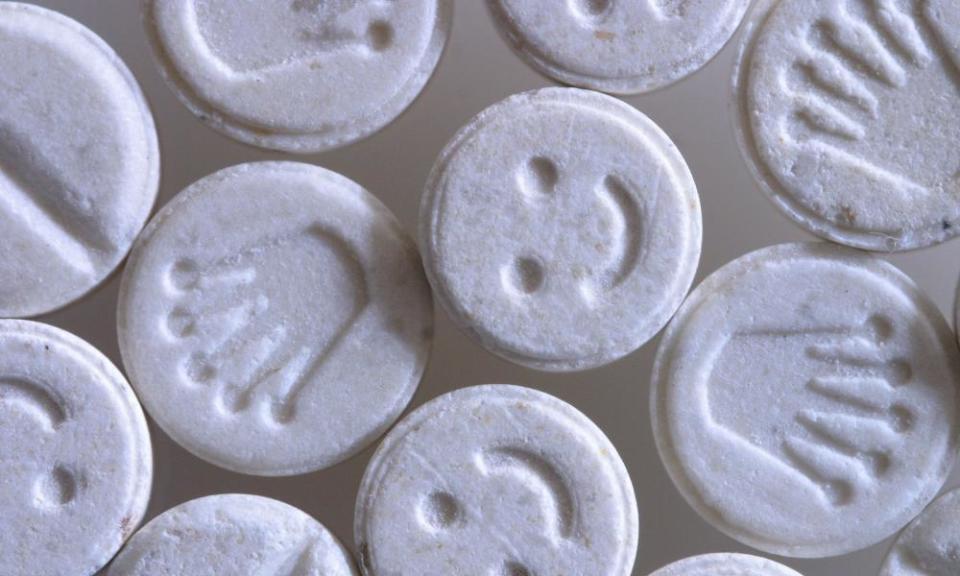Majority of Australian voters in favour of pill testing, election data shows

Nearly two-thirds of the Australian public are in favour of pill testing at music festivals, new national data shows.
The findings, drawn from the Australian National University’s long-running election study, show strong public support for a drug harm minimisation strategy that has largely been shunned by governments across the country despite high-profile cases of deaths at music festivals.
A coronial inquest into drug-related festival deaths in NSW called for pill testing to be introduced, but the call was rebuffed last year by the state’s premier, Gladys Berejiklian, who claimed it would give people “a false sense of security”. The Victorian Labor government has also rejected calls for a trial.
Related: ACT pushes for national pill-testing after study finds it encourages people to ditch unsafe drugs
In a paper published in the journal Drug and Alcohol Review on Monday, researchers say understanding why politicians have not acted on the public’s wishes is a “puzzle”, but suggest the answer may be “the strongly political dimension to the debate”.
About 63% of the survey respondents agreed when asked whether pill testing should be allowed at music festivals, including 33% who strongly agreed.
Nearly 22% disagreed, including 13% strongly, among the 2,045 people who answered that question in the 2019 Australian Election Study – a large, nationally weighted representative survey taken soon after the federal election.
“The young and those who do not attend church are most likely to express support,” says the paper by the ANU’s Ian McAllister and Toni Makkai.
“Supporters of other liberal social opinions, such as the legalisation of marijuana, are also strongly supportive of pill testing.”
The paper says people who distrust government – now a majority of the population, having grown substantially over the last decade – are “somewhat more likely to support pill testing”.
But it finds significant variations in views about pill testing among supporters of the various political parties, with Liberal and especially National party strongly opposed.
Those who vote for the Greens were found to be much more supportive of pill testing than Labor voters.
The paper notes that while a majority of the public support pill testing, it has not translated into policy outside the Australian Capital Territory, where the government has said it would continue to push for pill testing nationally.
An earlier ANU evaluation of pill testing at Canberra’s Groovin the Moo in April 2019 declared the trial of 234 patrons a success because “all those who had a very dangerous substance detected disposed of that drug in the amnesty bin”.
Pill testing allows festival patrons to have the contents of a substance identified, with the results intended to reduce the chance of harm.
The 63% support level found in the study is slightly higher than the 57% who supported allowing potential drug users to test their pills at designated sites in a different study, the 2019 National Drug Strategy Household Survey.
The 2019 Australian Election Study was funded by a grant from the Australian Research Council, however Makkai disclosed she acted as an adviser to Pill Testing Australia and led the operational review of the first pill testing site in the ACT.

 Yahoo Finance
Yahoo Finance 